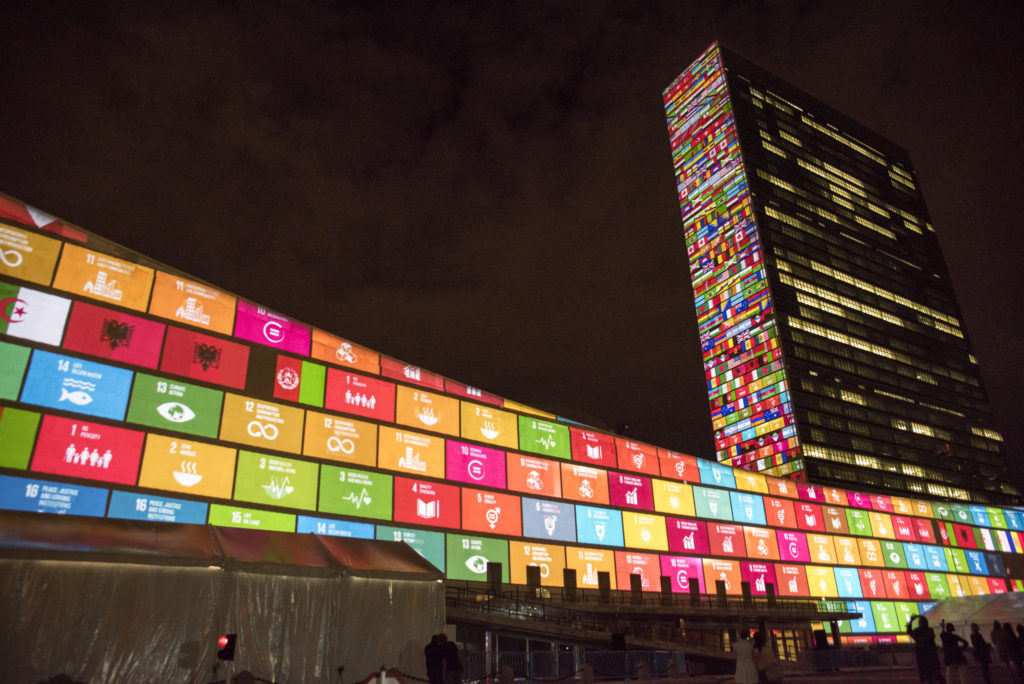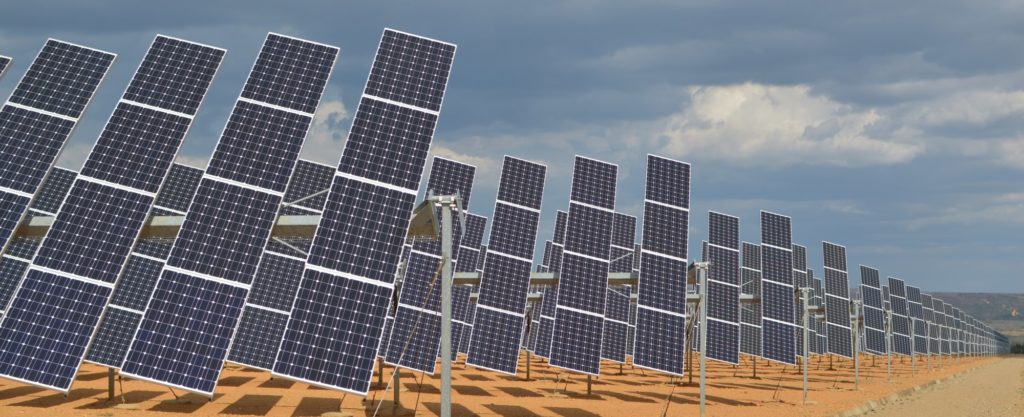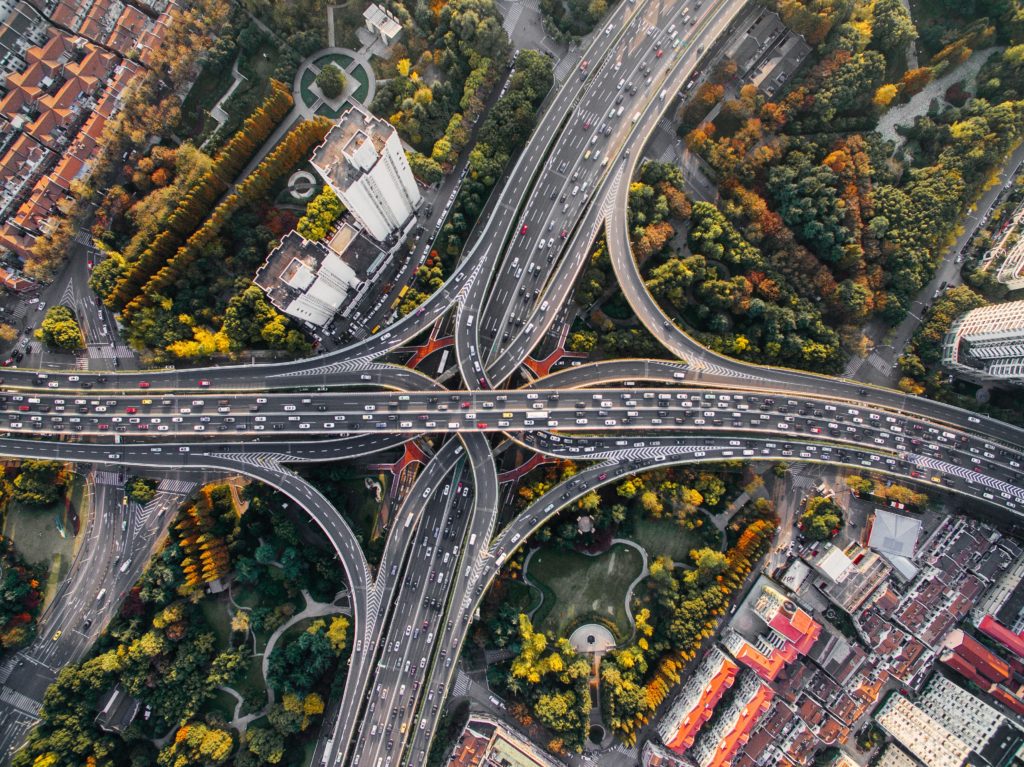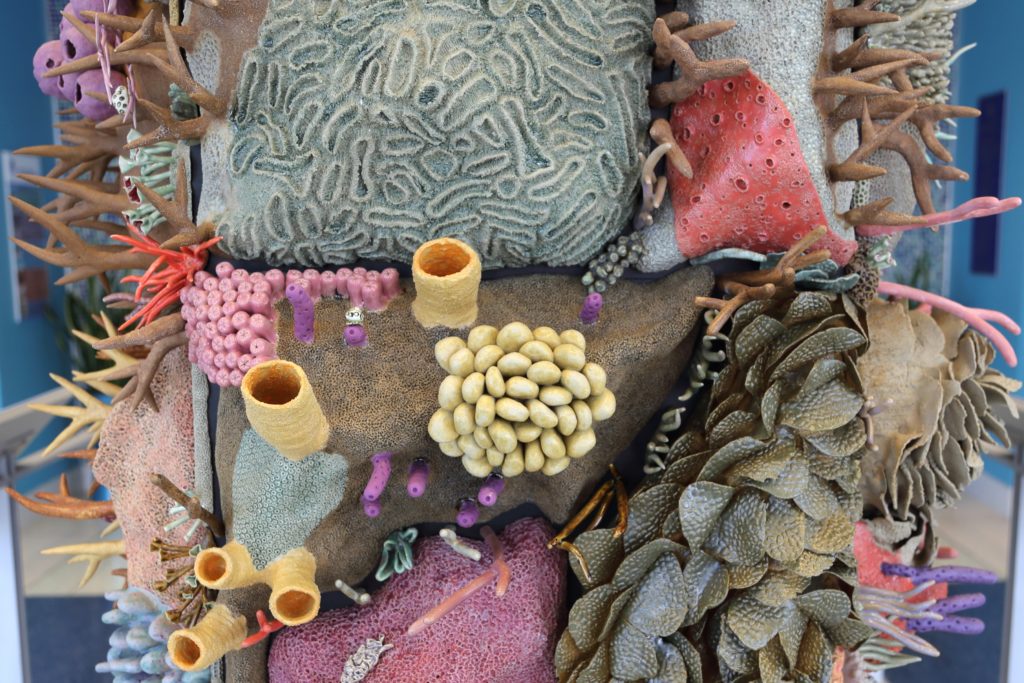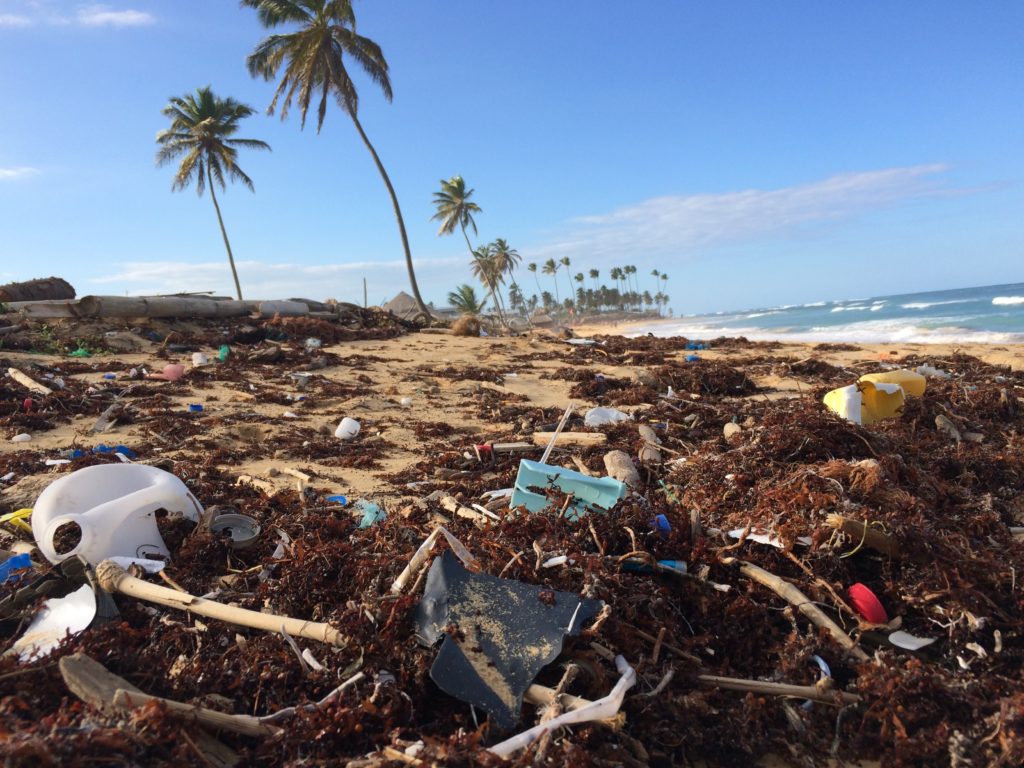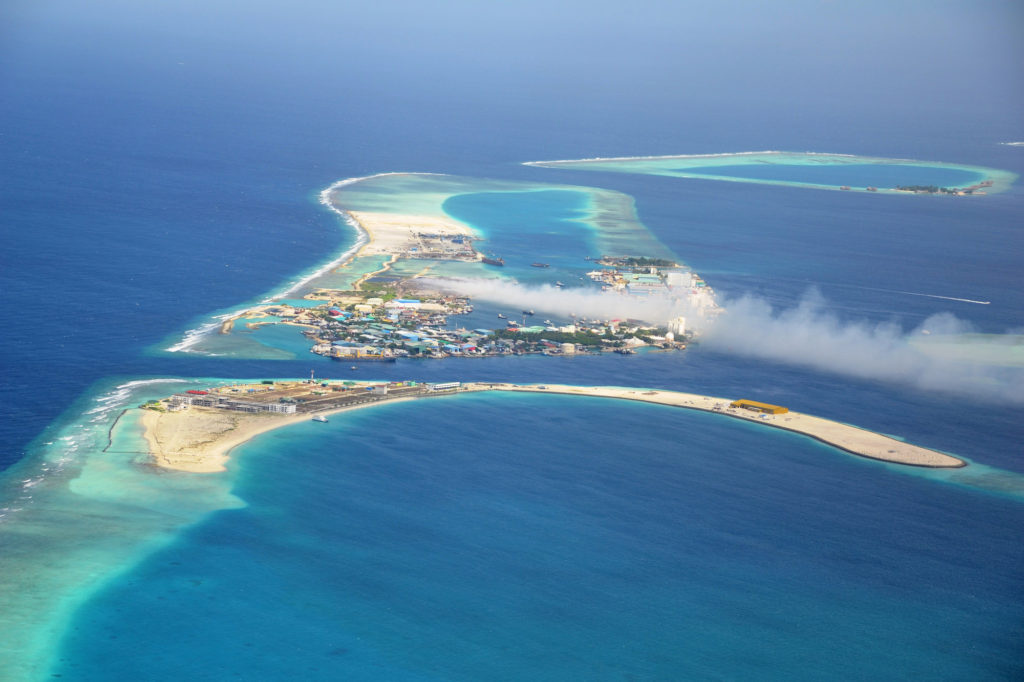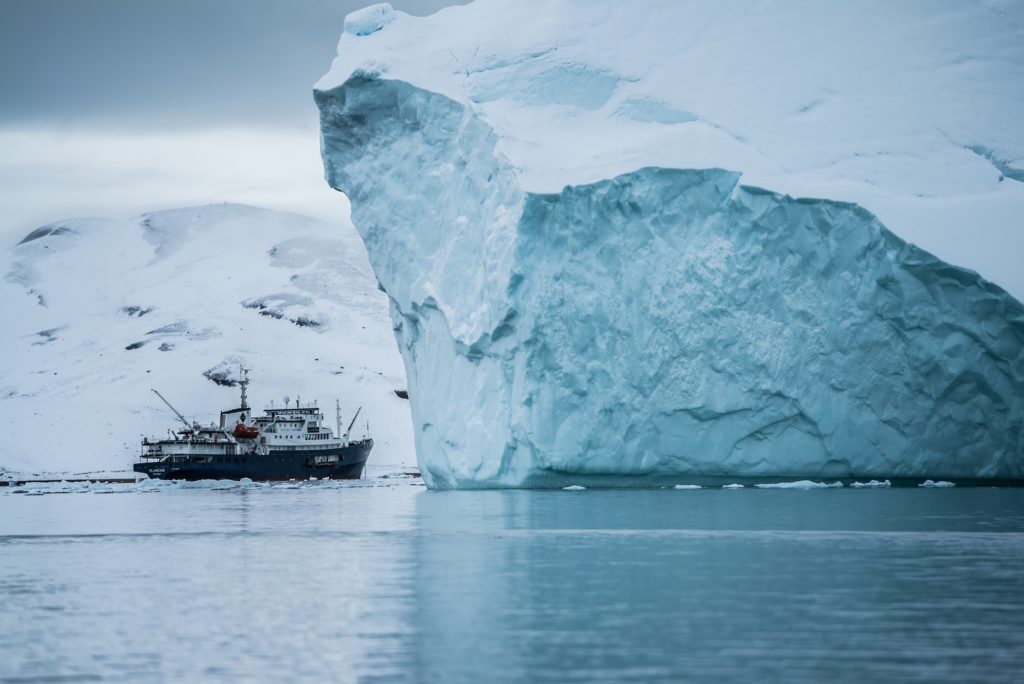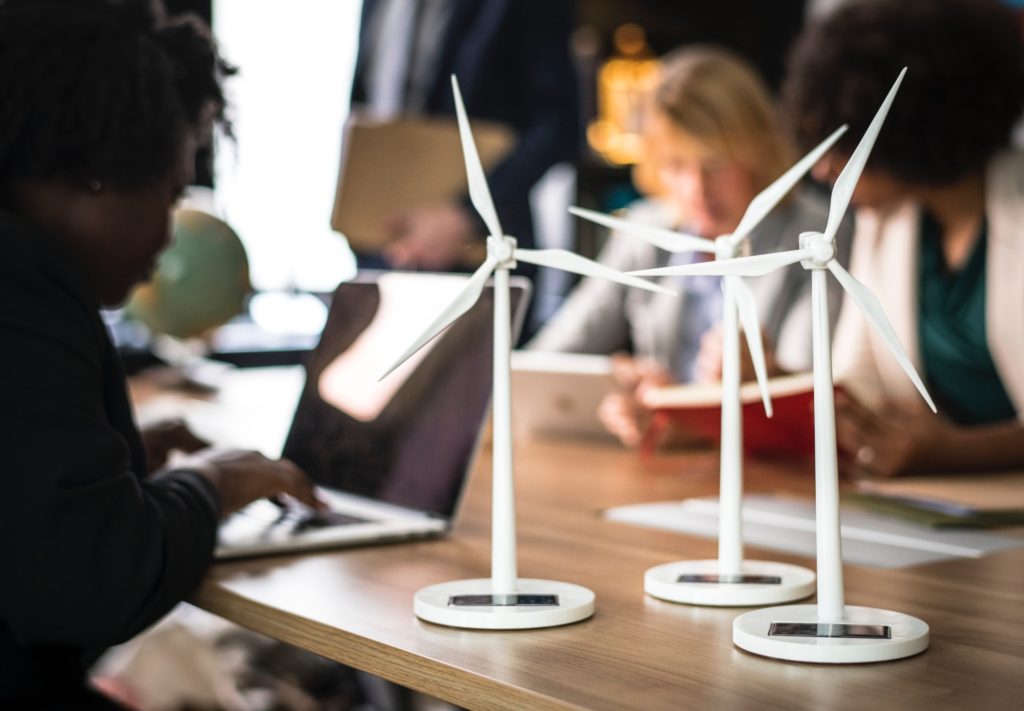
Low-Tech is the new High-Tech
Faith in progress through new technologies has been a driving force since the industrial revolution, but countries have come to realize the finiteness of natural resources: can we really resolve problems that were caused by the rise of industrial and technological progress with the same processes? Philippe Bihouix advocates for a development model in which “low technologies” would replace today’s “high-tech” world.



